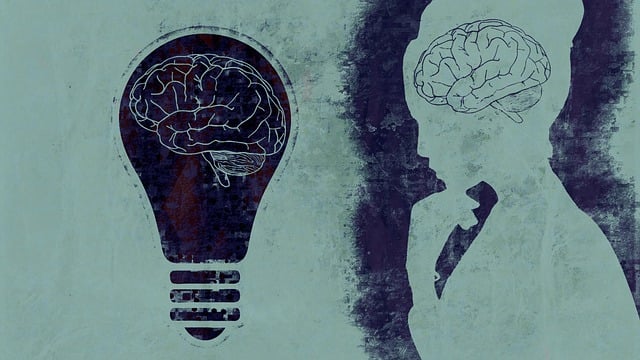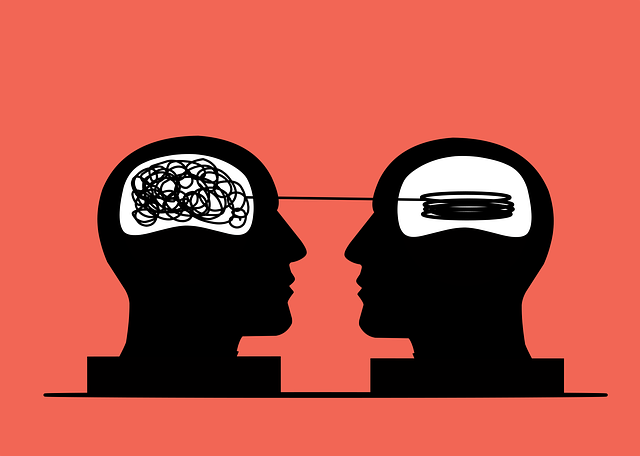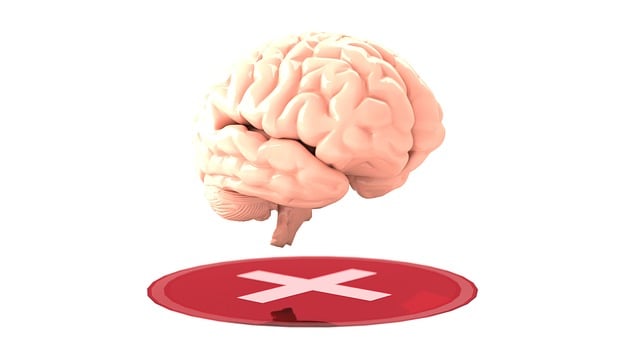Self-assessment tools like those offered by Arvada ADD-ADHD Evaluations and Therapy services are transformative for personal growth and mental wellness. By providing insights into emotional states, thought patterns, and behaviors, these assessments empower individuals to take control of their mental health. Integrating Arvada's evaluations into therapy practices enhances mental health awareness and improves patient outcomes through tailored interventions. Effective self-assessment tools for ADD/ADHD should be valid, reliable, and sensitive, using diverse methods like self-report questionnaires, clinical interviews, and observational measures. Regular mental health assessments, including Arvada ADD-ADHD evaluations, are crucial for personal growth, stigma reduction, and improved therapy plans that target specific needs.
Mental wellness self-assessment tools play a crucial role in personal growth and therapeutic practices. In this article, we explore the development of such tools, starting with understanding mental wellness fundamentals and its significance. We delve into how Arvada ADD-ADHD Evaluations integrate seamlessly into therapy practices, enhancing diagnostic accuracy. Key considerations for designing effective self-assessment tools are discussed, along with best practices to foster self-awareness. Regular mental health assessments, including Arvada’s approach, impact therapeutic outcomes, making them essential for holistic well-being.
- Understanding Mental Wellness Self-Assessment: A Foundation for Personal Growth
- Integrating Arvada ADD-ADHD Evaluations into Therapy Practices
- Designing Effective Self-Assessment Tools: Key Considerations and Best Practices
- Enhancing Self-Awareness: The Impact of Regular Mental Health Assessments
Understanding Mental Wellness Self-Assessment: A Foundation for Personal Growth

Understanding Mental Wellness Self-Assessment is a pivotal step towards personal growth and overall well-being. These tools, such as Arvada ADD-ADHD Evaluations and Therapy services, serve as gateways to self-reflection and awareness. By assessing mental health, individuals can gain valuable insights into their emotional states, thought patterns, and behaviors, fostering a deeper understanding of themselves. This process enables people to identify areas of concern and take proactive measures for improvement.
Self-assessment plays a crucial role in the development of public awareness campaigns related to mental health. It empowers individuals to recognize the importance of mood management and encourages open conversations about mental wellness. Moreover, the data collected through these assessments can contribute to evidence-based Mental Health Policy Analysis and Advocacy, leading to better support systems and services for the community.
Integrating Arvada ADD-ADHD Evaluations into Therapy Practices

Integrating Arvada ADD-ADHD Evaluations into therapy practices offers a powerful tool for enhancing mental health awareness and improving patient outcomes. These comprehensive assessments provide a structured framework to identify and understand Attention Deficit Disorder (ADD) and ADHD symptoms, enabling therapists to tailor their approaches effectively. By incorporating Arvada’s evidence-based evaluation methods, practitioners can gain valuable insights into each client’s unique challenges and strengths, fostering more personalized and targeted interventions.
This integration facilitates improved mood management by identifying specific areas of difficulty related to ADD/ADHD. It also promotes effective communication strategies, as therapists can explain assessment findings clearly to clients, promoting understanding and engagement in the therapeutic process. Ultimately, embracing these evaluations streamlines treatment plans, enhances patient satisfaction, and contributes to a more holistic approach to mental wellness.
Designing Effective Self-Assessment Tools: Key Considerations and Best Practices

Designing effective self-assessment tools is crucial for mental wellness evaluations and therapy, such as those offered in Arvada by professionals specializing in ADD/ADHD. These tools play a pivotal role in understanding an individual’s psychological state and guiding personalized treatment plans. Key considerations include ensuring validity, reliability, and sensitivity to detect subtle nuances of mental health conditions, like depression or its prevention. Best practices involve incorporating diverse assessment methods—combining self-report questionnaires, clinical interviews, and observational measures—to capture a comprehensive view.
For optimal results, these tools should be tailored to the specific population they serve, considering cultural and demographic factors. Regular updates are essential to keep pace with advancements in mental health research and treatment modalities. Incorporating risk management planning for mental health professionals can enhance safety while fostering inner strength development among clients. This holistic approach not only simplifies the assessment process but also ensures that interventions are evidence-based and tailored to individual needs, ultimately improving outcomes in therapy sessions.
Enhancing Self-Awareness: The Impact of Regular Mental Health Assessments

Regular mental health assessments play a pivotal role in enhancing self-awareness, which is the cornerstone of personal growth and well-being. Through structured tools like Arvada ADD-ADHD evaluations, individuals gain valuable insights into their thoughts, emotions, and behaviors. This process facilitates a deeper understanding of one’s strengths and challenges, fostering a more accurate self-perception. By identifying areas that require attention, whether it’s managing symptoms of ADD/ADHD or addressing underlying trauma, people can actively work towards self-improvement.
Such assessments not only benefit individuals but also contribute to broader mental illness stigma reduction efforts. By normalizing the practice of checking in with one’s mental health, society cultivates an environment where seeking support is seen as proactive and healthy. Furthermore, regular evaluations enable personalized therapy plans that target specific needs, ultimately promoting self-esteem improvement and enhanced coping mechanisms.
Mental wellness self-assessment tools, such as the Arvada ADD-ADHD Evaluations in therapy practices, are invaluable for fostering self-awareness and personal growth. By integrating these assessments into clinical routines, professionals can help individuals gain profound insights into their mental health. This article has explored the importance of understanding mental wellness, integrating specific evaluations, designing effective tools, and emphasizing regular assessments for enhanced well-being. These strategies collectively contribute to a more comprehensive approach to mental health care, empowering folks on their journey towards holistic healing.








